Cameroon
In the streets and bars of Cameroon, each victory of the host country of the African Cup of Nations has been accompanied by scenes of jubilation that has temporarily silenced the deep divisions of the country.
Despite a few exchanges of fire that wounded several people at the start of the competition in Buea, in the west, the threats of armed groups to disrupt the tournament have remained unheeded.
Popular fervour
The country seems to have rallied behind its Indomitable Lions. Flags in the windows, popular fervour, a concert of vuvuzelas at the end of the matches... "This CAN has been a moment of gathering, a parenthesis that has momentarily silenced the divisions. All Cameroonians are in love with football, even those who want secession," says Ambroise Essomba, a political scientist at the University of Douala.
The opposition has even played the appeasement. The main opposition leader, Maurice Kamto, called for "no derogatory remarks about the CAN", even though dozens of his party's activists had just received sentences of up to seven years in prison for "peaceful marches" against the regime.
Political gain
Neither he nor any voice in civil society sought to make political gain from the stampede that left eight people dead at the entrance to the Olembe stadium in Yaoundé on 24 January, before a Cameroon match. The authorities blamed the tragedy on "carelessness" on the part of the police, who were "insufficient in number".
"We are all behind Cameroon, and we hope that after the African Cup of Nations, things will continue like this. We live in a country of peace, it is only a minority that poses a problem," said Brice Kesseck, 36, a carpet seller.
Common cause
With the African Cup of Nations, all Cameroonians have come together," said Dieudonne Varsia, in his thirties, camped out in front of a hotel in his yellow security guard uniform. "But football and politics are two different things. The CAN will not change my life. I come from the far north and like all my brothers in Yaounde, we fled our region and live on miserable jobs," he laments.
For Richard Makon, a researcher at the University of Douala, "the CAN has shown that Cameroonians can find themselves around a common cause, talk to each other, be together to defend the flag and this is an important victory. We couldn't even imagine it".
Anglophone minority
The CAN was a priority for Paul Biya to restore his image, considerably dented on the international scene since an umpteenth highly disputed victory in the 2018 presidential election. International NGOs and the UN have been accusing Biya's armed forces of ruthlessly repressing the separatist aspirations of the Anglophone minority in the west and the government of "illegally" imprisoning any critical voice. Yaoundé strongly rejected these accusations.
The head of state took advantage of the opening ceremony to make a rare public appearance and receive - from the sunroof of his armoured SUV - a standing ovation from the crowd when insistent rumours circulate about his fragile health. All over the country, posters show him smiling with a football, praising "success together".



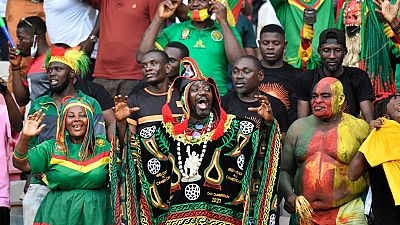

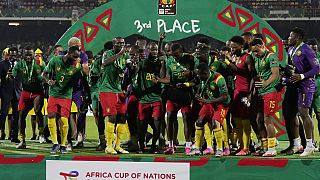
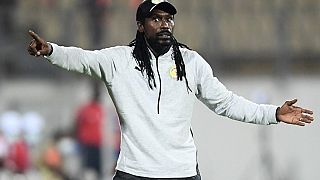
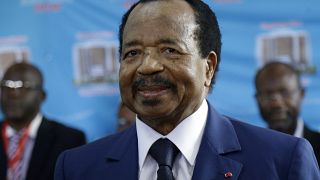
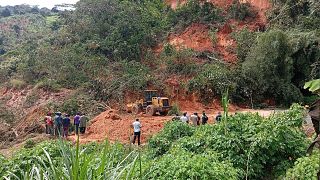
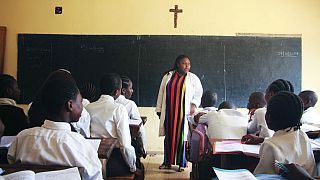



Go to video
Football: Fatawu injured for the rest of the season
Go to video
CAF boosts prize money for 2024 Women’s Champions League by over 50%
00:58
Nigeria's soccer team stranded in Libya, Africa Cup qualifier in doubt
01:50
Tunisian national team to face Comoros in 2025 AFCON qualifiers
00:45
The Pharaohs of Egypt ready to meet Cape Verde in AFCON qualifying match
01:28
Tunisia to take on Madagascar in first AFCON 2025 qualifier